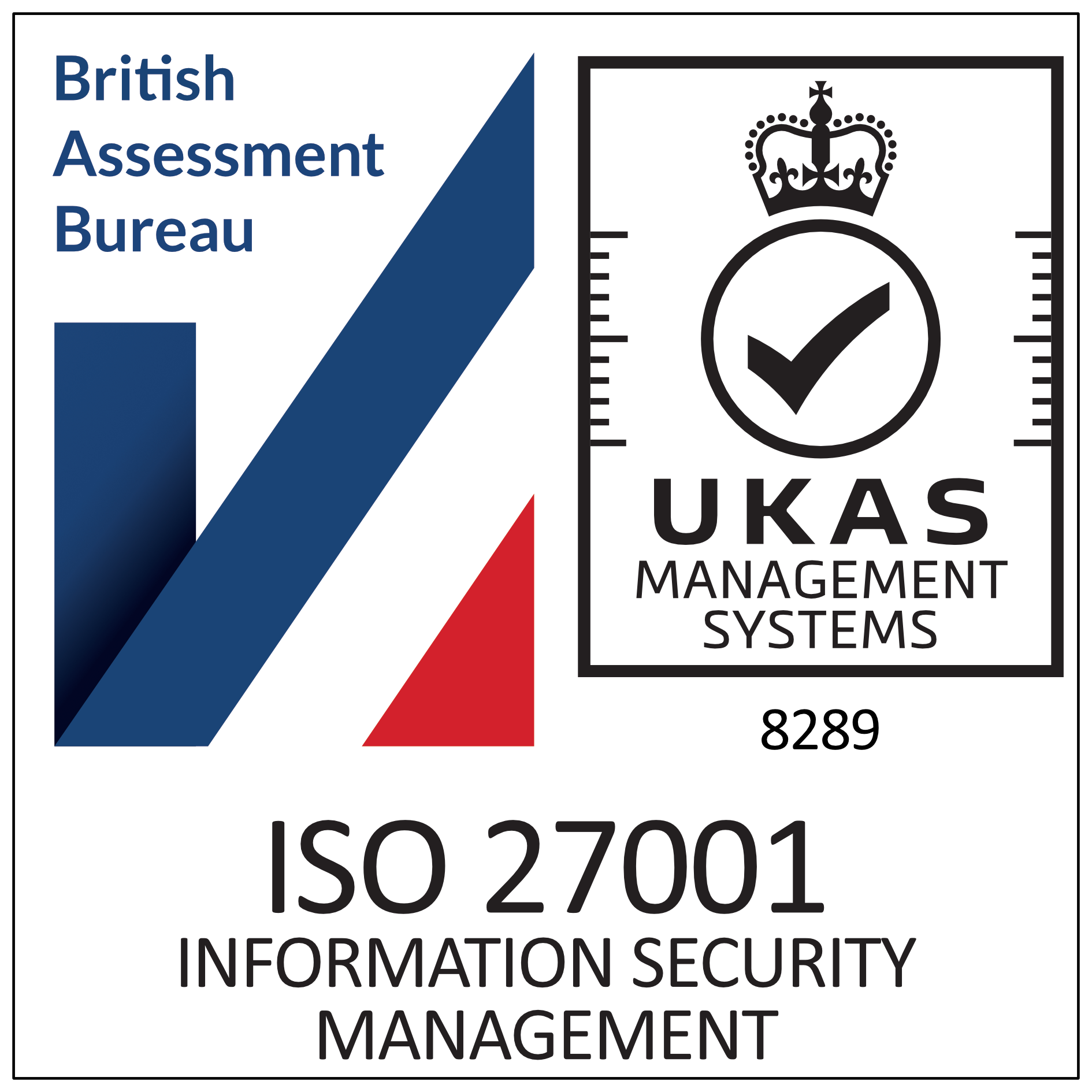Although it seems utterly obvious, you would be stunned by the number of web design projects that are started without any agreement on their eventual purpose. Imagine commissioning an architect to design your house but failing to tell them you mean to incorporate a café at some point in the future.
Often, the reasons for this stem from basic human emotions: Clients often don't know how or why say, a website, can actually benefit them and can be afraid to ask. It is the developer's responsibility to make sure the client is educated to the point of being able to make informed decisions. This isn't about applying a pre-conceived notion to the project, it's about working with the client to understand their needs. Sometimes, this process can take five minutes, occasionally it can take weeks. The point is, the client needs to feel absolutely comfortable about how they are going to move forward and what their value return is actually going to be.
So, on with some specifics. Here are the main benefits clients can reap from their website or digital media project:
1) Visibility, otherwise known as Brand Awareness. Unless the intention is to stick the project in a dark cupboard forever, this one cannot be avoided. The decision here is to understand how important the project is to raising visibility for the client. It could quite conceivably be its only purpose or it could feature low on the list. For example, when building an online conference manager for the Financial Times, the conferences themselves (commissioned by clients of the FT) existed to generate cash-flow rather than build the FT's brand.
2) Client Sales Drive. How important is it to drive new customer sales? Might it be an ancillary benefit of an internal training drive that should be capitalized upon or should every aspect of the project be studied to maximize client throughput?
3) Current Client Revenue Growth. How important will it be to focus on generating more profit from existing customers? Could loyalty be built and maintained using this project? Growth may not necessarily be in the form of revenues, of course. We built a management system for a local school whose chief purpose was to enfranchise parents, keeping them more involved with the goings-on of the school and their children. As a result, referrals to the school from parents increased.
4) Customer Management. How much should the project perform automatic customer management functions, such as providing account status and login functionality?
5) Business Management. A project need not be specifically a business management tool to offer up some administrative advantages. For example, we just completed a website for a project management company, whose owners were often on site with clients of their own. It allows for customer login and issue management as well as lead and sales tracking. Its primary purpose, however, is to raise the visibility and credibility of the business.
On a final note, it is exactly as important to understand the benefits experienced by the project's audience as well as the owner's. The client cannot achieve any benefit whatsoever if they do cannot convey an advantage to their viewers. This is the core difference between building a project for a client and building relationships for a client.







